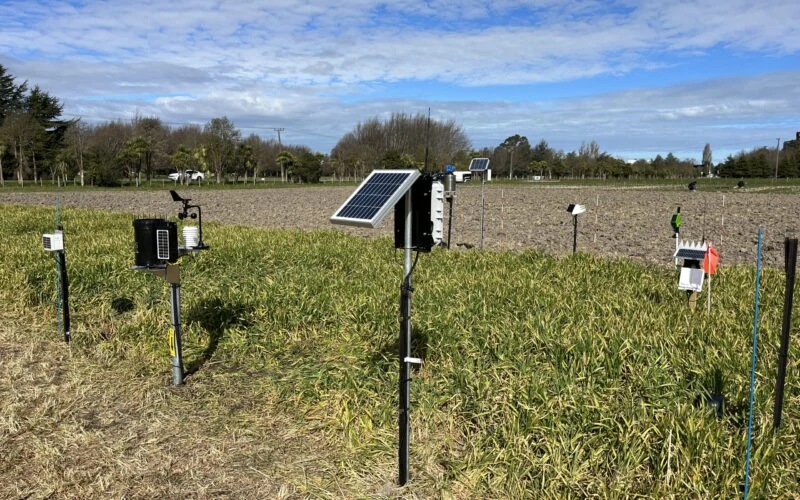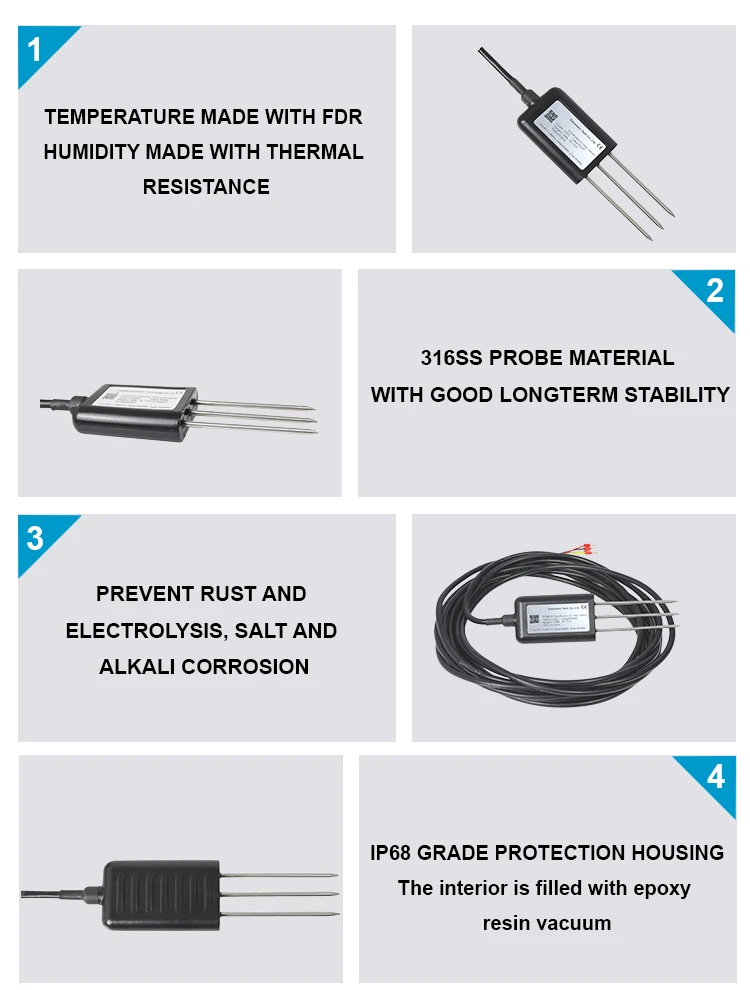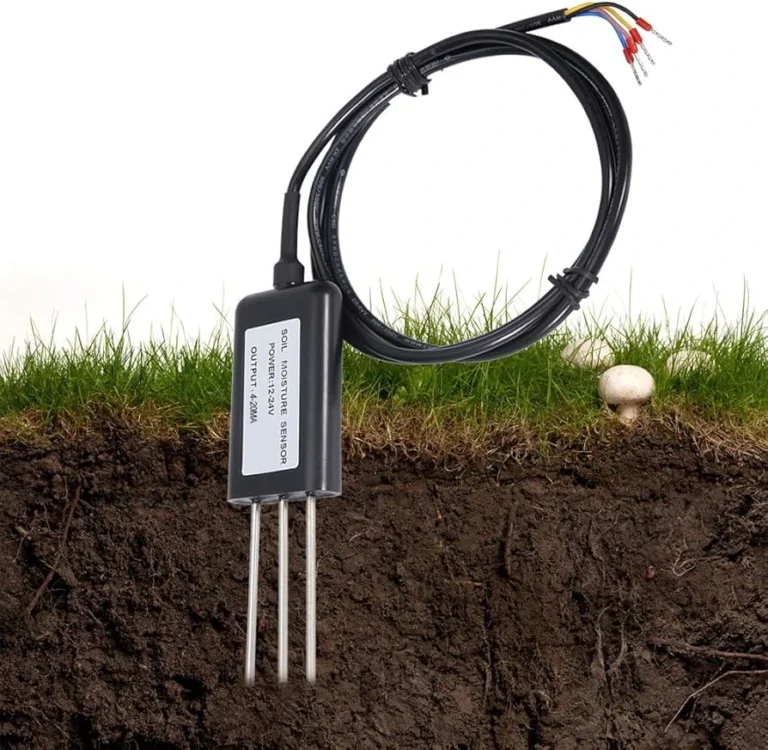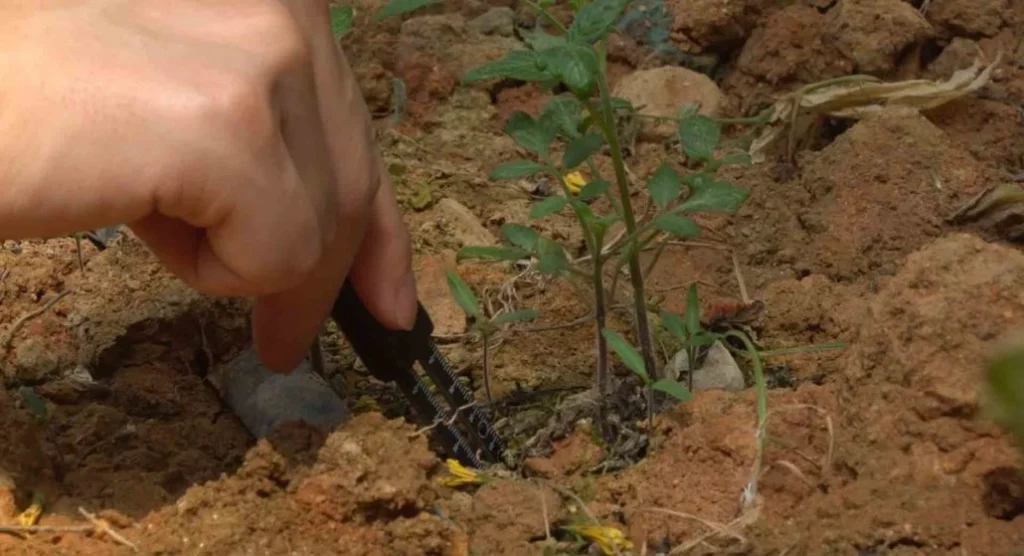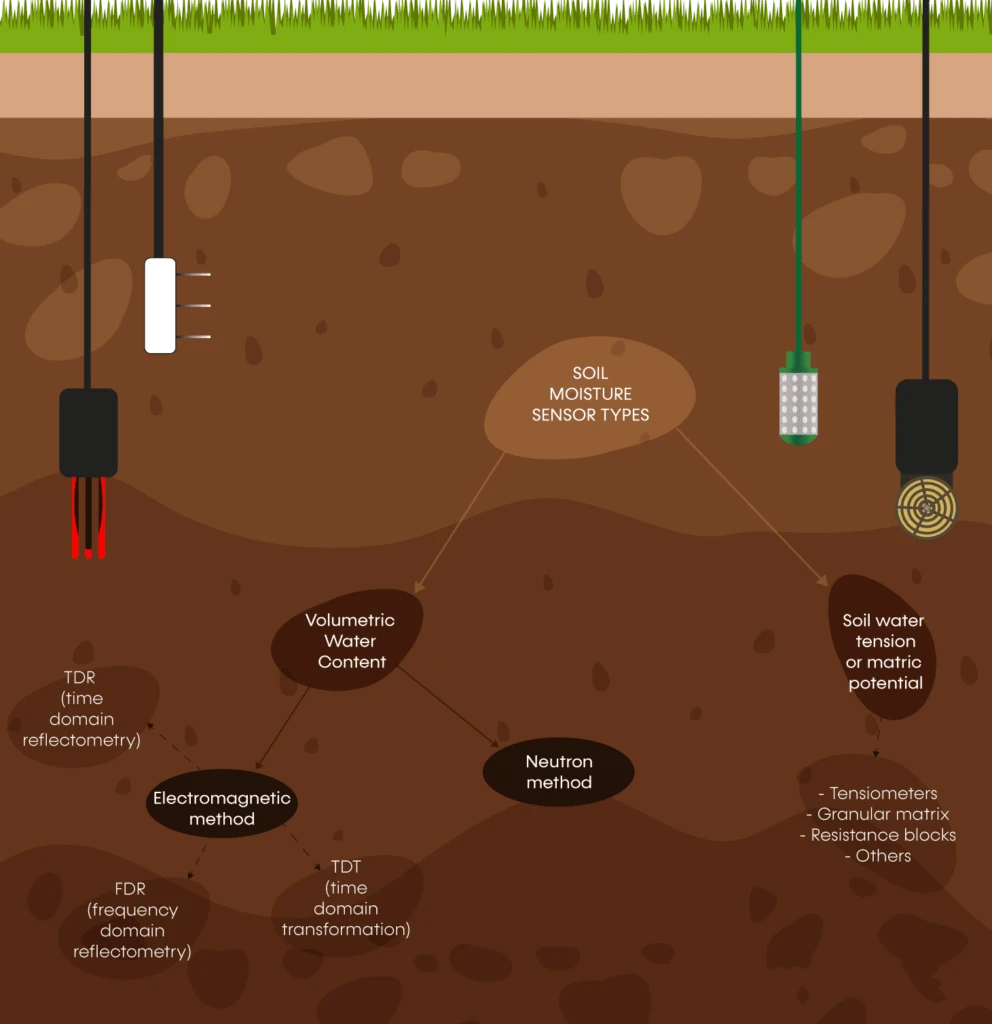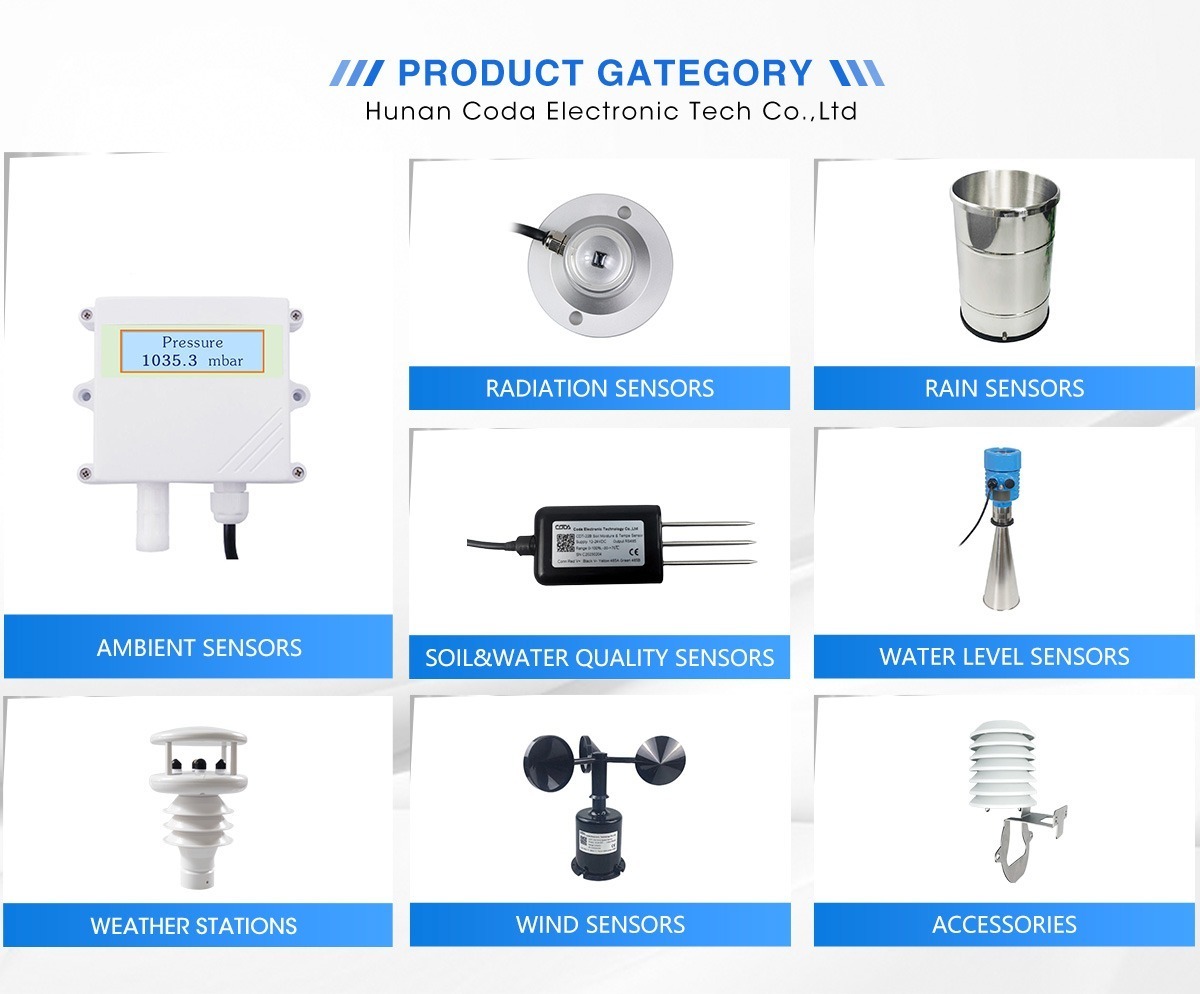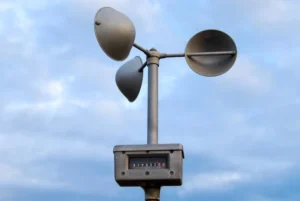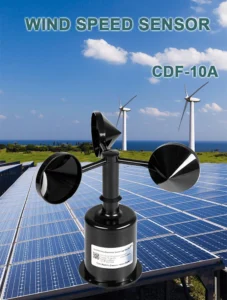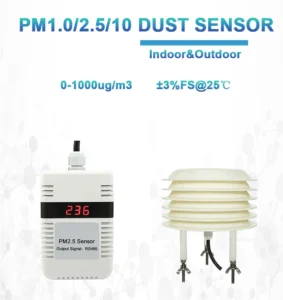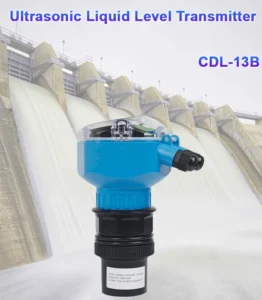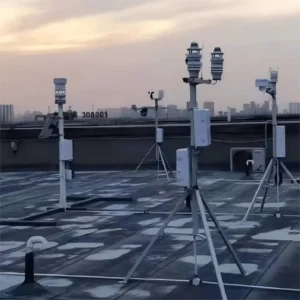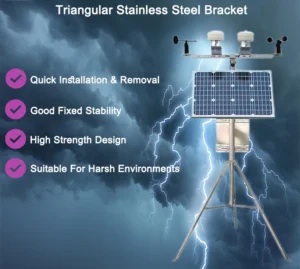Soil Moisture Sensor Price
Soil Moisture Sensor
A Soil Moisture Sensor is an electronic device. It measures how much moisture is in the soil. This is important for precision farming, gardening, environmental monitoring, and scientific research.
These sensors use different methods, like resistive, capacitive, TDR (Time Domain Reflectance), and FDR (Frequency Domain Reflectance). They can measure moisture content by looking at changes in the soil’s dielectric constant. Manufacturers often design them to last for outdoor use. You can also adjust them for different soil types and weather conditions.
Soil moisture sensors are important tools for farmers, gardeners, and anyone who needs to check soil moisture levels. These sensors come in different types, and choosing the right one can be a daunting task.
When choosing a soil moisture sensor, there are several factors to consider. The first is the type of soil you will be measuring. Different types of soils exhibit varying electrical conductivity, so you must calibrate sensors to the soil type. Some sensors work better in sandy or loamy soils, while others suit heavy clay soils.
Another factor to consider is the depth at which you need to measure soil moisture. Engineers design some sensors for shallow depths, while others can measure moisture levels at depths up to two feet. If you need to monitor deeper soil layers, choose a sensor designed for that purpose.
The installation method is also important when selecting a soil moisture sensor. Engineers design some sensors for direct insertion into the soil, while others sit on the surface. The type of installation will depend on the soil type, crop, and other variables.
Soil Moisture Sensor Price
Soil moisture sensor prices vary based on the brand and type of technology. They also depend on accuracy and complexity. Prices can change if the sensor measures extra factors like temperature or light. Here are some reference price ranges:
1. Basic soil moisture sensors: These sensors are usually more economical and suitable for home gardening or small farms. For example, a simple plug-in capacitive sensor may cost between $10 and $50.
2.Manufacturers design professional-grade sensors for agriculture to enhance precision farming. They are accurate, durable, and have advanced features like EC measurements.
These sensors usually cost between $100 and $500. These sensors need special installation and care. However, they give more reliable data for long-term monitoring and research.
3. Industrial Grade & Customized Solutions: For situations that need large-scale deployment or special customization, prices can be higher. They can range from hundreds of dollars. These types of sensors may include advanced data processing capabilities, remote communication features, and integrated cloud service support.
Market supply and demand, technological advances, and the inclusion of additional services (e.g., software support, data analytics services) also influence price fluctuations.
Soil Moisture Sensor
The price of a soil moisture sensor depends on several factors. These factors help decide the sensor’s market position and cost. The following are the main influencing factors:
1. Soil Moisture Sensor technology type:
– Capacitive: due to their relatively simple design, capacitive sensors are typically lower in cost, but prices will vary depending on accuracy and durability.
– Resistive: May be cheaper than capacitive, but less accurate and stable for low-cost applications.
– TDR (Time Domain Reflectance) and FDR (Frequency Domain Reflectance): provide high accuracy measurements, but are technically complex and costly.
2. Accuracy and resolution:
– Higher precision sensors require more sophisticated components and calibration and are therefore more expensive.
3. Durability and materials:
– Materials that are corrosion-resistant, waterproof and able to operate in harsh environments add to the cost.
– High-quality packaging and protection ratings (e.g., IP68) increase the price.
4. Additional functionality:
If the sensor can measure humidity, temperature, and conductivity, the price will go up.
– Data transmission capability (e.g. wireless communication module) will also increase the cost.
5. Measurement range and response time:
– Sensors with wide measuring ranges and fast response times are usually more expensive.
6. Brand and quality:
Famous brands can cost more than lesser-known brands. This is often because of their reliability and good after-sales service.
7. Mass production and purchasing volume:
– Bulk purchase can enjoy discounts and lower unit prices.
8. technological progress and innovation:
New technology may cost more at first because of research and development expenses. However, prices will slowly go down over time.
9. Integration and Intelligence:
– Sensors with intelligent data processing, self-calibration or remote monitoring capabilities are more expensive.
10. market supply and demand:
– If demand exceeds supply in a given period, prices may rise; conversely, they may fall.
In summary, when picking a soil moisture sensor, users should balance price and performance. They need to think about their specific needs. It is also important to consider long-term costs and maintenance. Finally, choose the best soil moisture sensor for the job.
Remembering that these price ranges are general estimates is important. They can change based on the supplier, location, and any extra accessories or services that come with the sensor. Researching and comparing different options is a good idea. This helps you find the best balance between price and performance for your needs.
In conclusion, choosing the right soil moisture sensor involves several factors. You need to think about soil type, measurement depth, and how to install it. Additionally, the cost of sensors can vary widely depending on their accuracy, reliability, and features. By understanding these factors, you can choose the right sensor for your needs and budget.
